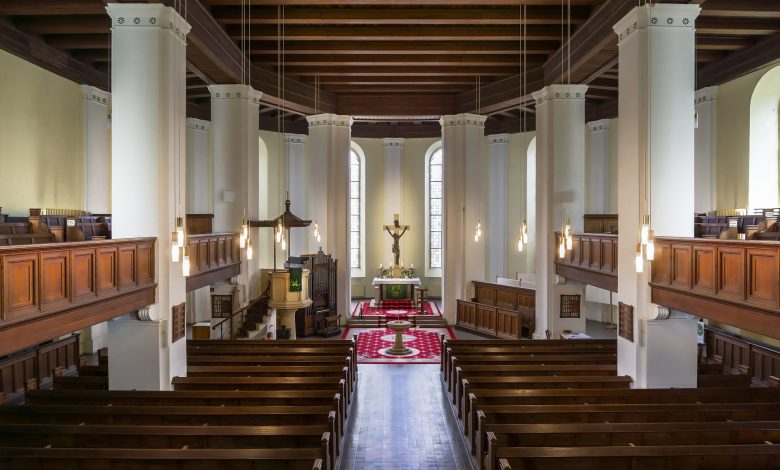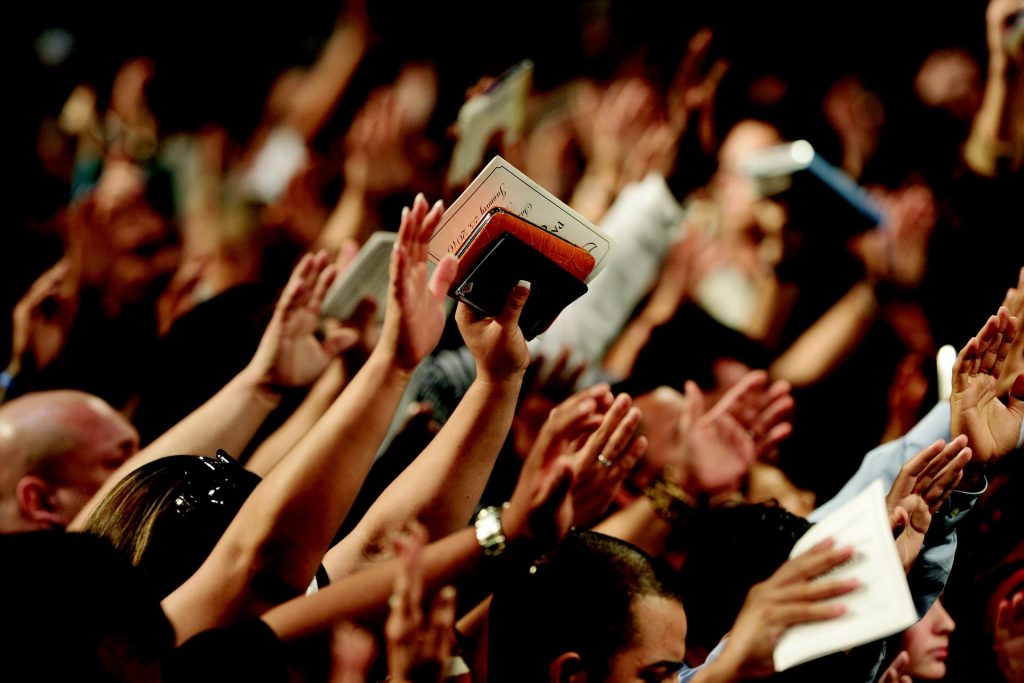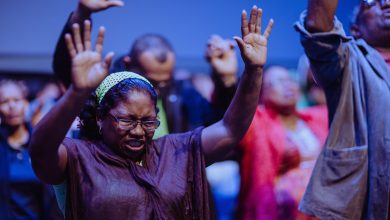What Church Means To Me – Understanding The Meaning Of Church

All those who accept Christ’s gift of salvation and adhere to Christ’s teachings are members of the church, which is also known as the body of Christ. It is a lot more than just a structure. The term “church” never refers to a structure in the Bible. It always refers to individuals—the followers of Jesus Christ.
The Church is a family of Believers who come to support, love and uplift one another. The purpose of the church is to teach the word of God. It doesn’t matter what we think; what matters is what Christ says.
The “church” is made up of followers of Jesus, and attending church is a logical outgrowth of our identity as believers. The church serves our mutual growth and spiritual sustenance.
It is my body, which will be given for you; do this in remembrance of me, Jesus stated as he broke the bread at the Last Supper. The “body of Christ” has been the definition of the Church ever since. The Church would not be what it is today and may not have even been if Jesus had not died for us.
Every single one of us has some connection to the body of Christ, no matter how powerful or weak. It is because each of us has some connection to God. Making that relationship stronger is extremely important.
What is the church
We are in the image of the one who created us, and for every one of us, God has a plan. Until the end of time, God will always be there for us; therefore, we don’t want to let him down. We can improve our relationship with God by attending church every Sunday and having more “alone time” with him.
We must continually grow to reflect Christ as members of the body of Christ. It occurs when we let the Bible, which is God’s inspired word, direct our faith and life, when we worship God and celebrate the sacraments that Jesus gave us, and when we live in fellowship with one another.
By joining the church, you indicate that you are a part of both the people of God and Jesus Christ. The church is also referred to as “the bride of Christ,” highlighting that she is united in a close, personal connection with Jesus and is tied to him by a bond similar to a sacrament of matrimony.
The foundation of church life is Christ’s presence. Christ meets, calls, changes, prepares and deploys his children into the world through and in the church. In addition to fostering the faith of believers, God utilizes the church to bring redemption to those who do not know him.
God’s means of showing his care and love for the world is the church. Christians are indissolubly linked to one another within the church. Christianity teaches us to address God as “our Father,” not merely as “my Father.” One cannot overstate how vital fellowship is in the Bible.
What church means to me
The idea that Christians are a part of one body, the church, suggests that they are also members of one another in addition to Jesus Christ. Believers become a single, loving family through fellowship with Christ and one another.
Each person has a purpose and value in the church. According to 1 Corinthians 12, the church is a body, with each member (or individual) having a significant function. Each person’s gifts to the church enable it to pursue its mission in the world.
We are all held accountable for one another in the church. We look out for one another, encourage one another to grow closer to Christ, and lovingly watch over one another to make sure we stick to our convictions even though we may be strongly tempted by the evils that are prevalent in the world.
Preaching, fellowship, Communion, and prayer are the four pillars of the Church. What gives a specific member life is how the Church engages with the teachings of the faith, approaches Communion, prays, and fellowships.
Fellowship is more than just exchanging greetings and feasting together. It involves interacting with one another, expressing our love for Jesus, and supporting and comforting one another as we strive to live our lives by God’s will.
What action did the disciples take with those four pillars of Church activity? They committed their lives to establish the church. The church’s activities and members’ involvement are only the outward manifestations of what the church is about, just as the structure is the exterior depiction of the church. What keeps the Church alive and relevant is not what you do but how you do it.
Who builds the church?
Jesus promised that He would personally work at uplifting or building up the church. He stated in Matthew 16:18, “I will establish my church,” but this does not preclude the possibility that He will enlist help from others. The phrase “body of Christ” is one of the most famous analogies used to describe the church.
Jesus Christ declares that He is the head and that His body is composed of all believers. The metaphor strongly focuses on the relationship between Christ and the church and individual believers, which is crucial to comprehend how the church operates under the leadership of Jesus Christ.
Every believer, according to Paul, serves a purpose in the church, just as each portion of the body has a sense. Bishops, elders, pastors, deacons, and new converts are just parts of the body of Christ, each with specific tasks and responsibilities based on their spiritual growth and skills. A Christian who acts like Diotrephes from 3 John (who seizes control of the local church and thinks he has the highest authority) usurps Christ’s position.
What is the future of the church?
The church of the Lord has a bright future. The church will prevail both in heaven and on earth. When scripture reads, “and the gates of Hades will not overcome it,” Matthew 16:18, we can understand that it refers to the church.
The picture painted by Jesus in this statement is not one of a frail, small band of believers. Instead, it demonstrates a solid and resilient church capable of triumphing in any situation, including death.
We should understand that Satan and all of his demons have been conquered by the work of the cross and pose no threat to the church’s future when Jesus depicts the church as victorious, even over the gates of Hades. People who are a part of the church are on the victorious team, and they have to act and speak accordingly.
The stated mission in Matthew 28:19, “Go then and make disciples of all nations,” served as the foundation for the church’s future growth. The passage does not instruct us to form disciples “in” the nations but rather “of” the nations.
The passage does not instruct us to form disciples “in” the nations but rather “of” the nations. The world needs to be corrected by the church.
It shows the world how to live as it develops. The very fact that the church is present in the world counts as doing the job of discipleship. Assuming that each believer’s life is meant to serve as an example and a motivation to humanity, this naturally throws a tremendous amount of duty on each one.
Paul states in Ephesians 5:26–27 that Jesus devoted His life to the church in order “to make her holy, purifying her with the cleansing of water by the word.” He did everything to make the church appear glorious to himself, without blemish or wrinkle or anything similar, but holy and perfect.
Our God will succeed in this mission, just as He has in all of His previous ones. The church was intended to be perfect and holy. Christ offered Himself up for this purpose, and His workers are to carry out their tasks with this purpose in mind. There is no reason to think we won’t succeed in achieving this objective. We can state with confidence that the church will have a very great future.
Conclusion
A church is more than just a place where people congregate to worship. In the church, you can observe the Holy Spirit directing the activities and programs in unforeseen, unplanned ways.





